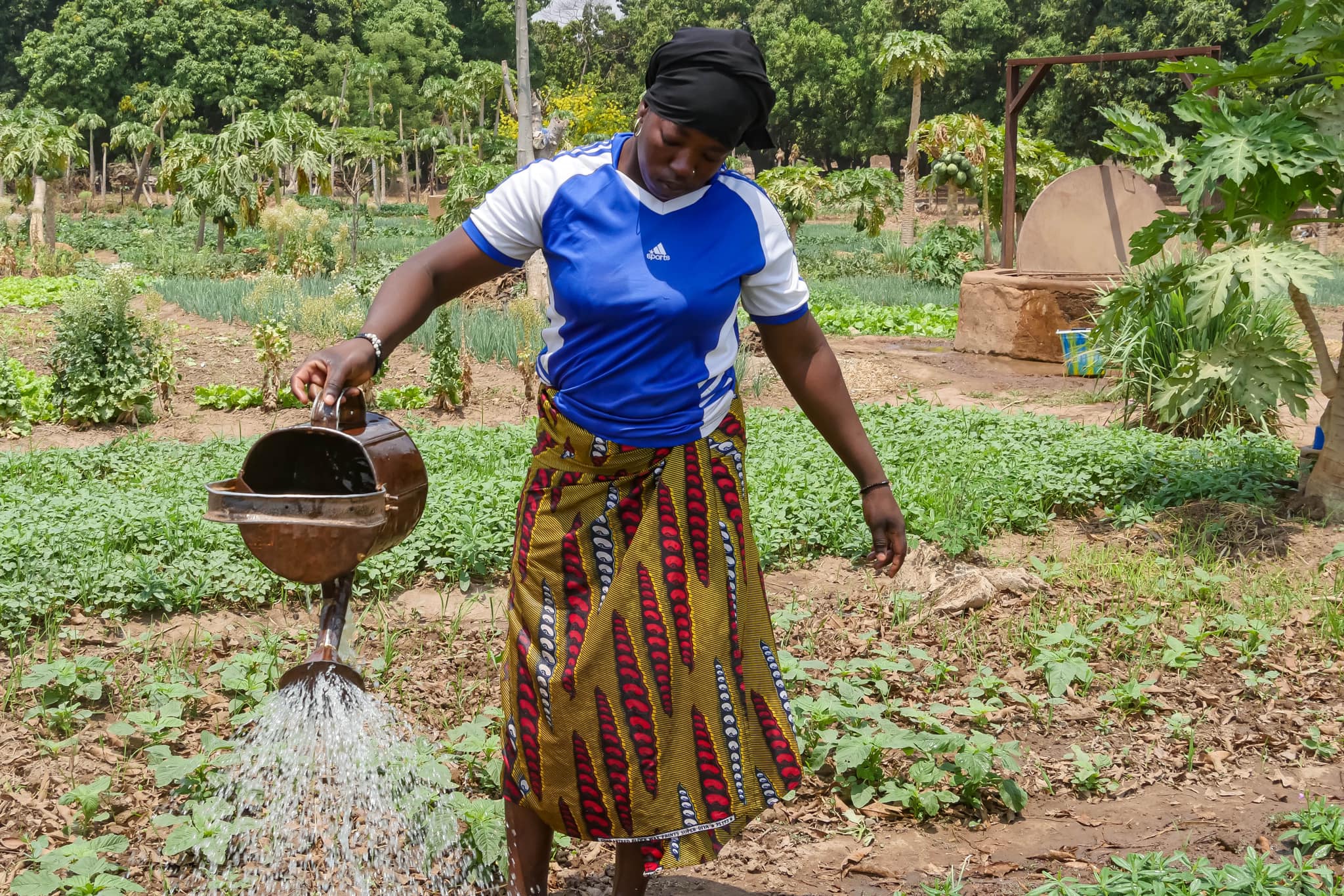
PIL ADCC
Supporting Local Initiatives for sustainable adaptation to the effects of climate change on vulnerable rural communities in Mali
2015-2020PIL ADCC
This project increased the resilience of the most vulnerable communities in its intervention areas. The development objective of the PIL-ADCC was to promote local initiatives for adaptation to the effects and impacts of climate change.
Areas of intervention: Mali.
Beneficiaries: Local actors, members of Reso-Climat, interested students and researchers.
Funding: The Swedish Embassy in Bamako.
2900000000
(2,9 Billions FCFA)Global budget
Main goal
Specifically, three objectives are pursued, the first of which is centered on the Reso-Climat Mali strategy which aims to contribute to the resilience of communities, lobbying and advocacy in order to allow sustainable development actions to be anchored in the areas of project intervention. The second objective concerns local projects which are developed and implemented by Reso-Climat members for the benefit of communities. The third specific objective is focused on the valorization of the knowledge generated to support the continuous strengthening of the capacities of local actors, members of Reso-Climat, students and researchers interested in questions of community resilience in the face of the impacts of climate change.
In total, 25 projects from Reso Climat member NGOs were financed in the PIL ADCC program and the results of the program were capitalized on the following themes:
- Mobilized 25 community-led climate adaptation projects in Mali's most vulnerable regions (Kayes, Koulikoro, Sikasso, Ségou, Mopti, Tombouctou and Gao), benefiting over 50,000 people through improved water management, agroforestry, and livelihood diversification in 52 communes and 129 localities.
- Strengthened the technical and administrative capacity of the RESO Climat Mali network, comprising over 100 civil society organizations, to advocate for gender-responsive climate policies and investments.
- Developed a participatory monitoring and evaluation system for community-based adaptation.






